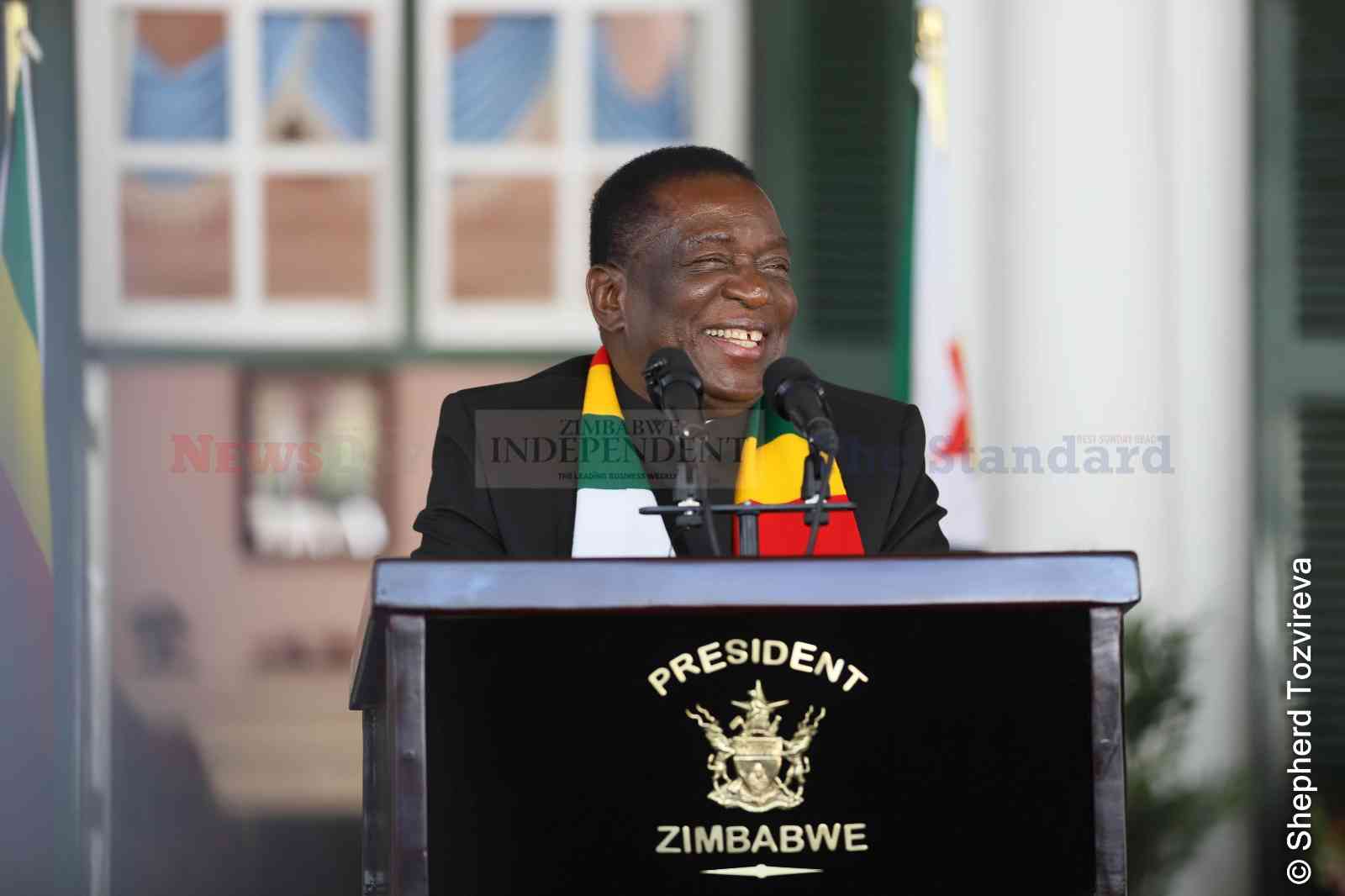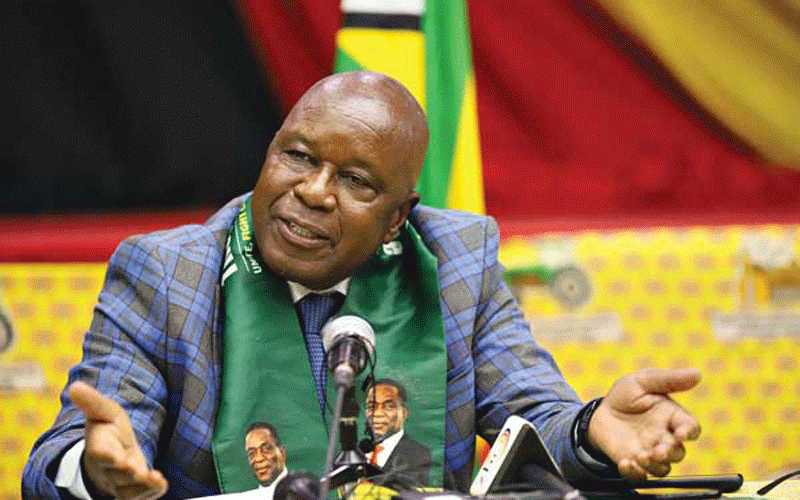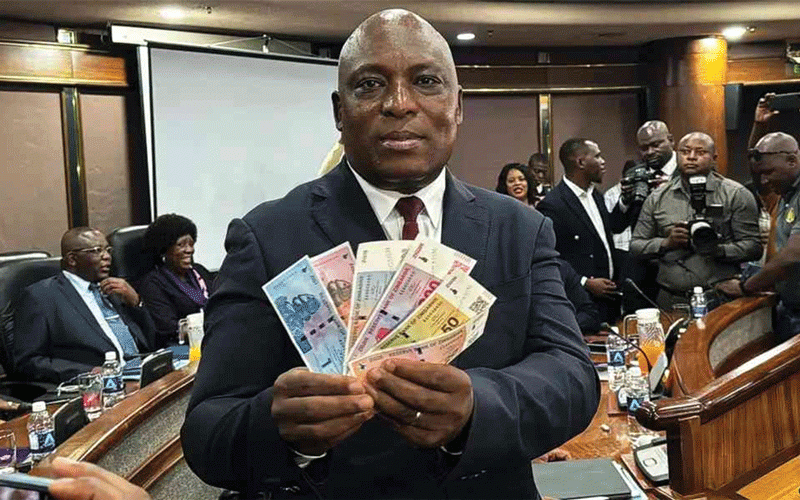
An initiative of members of Africa Heritage Society that seeks to identify, profile and showcase individuals and firms that have helped shape and define the continent’s corporate character got a boost when Joe Gatt, co-founder of Telecel, a company that pioneered the business of mobile telephony in Africa in the then Republic of Zaire (now Democratic Republic of Congo) in 1986 — visited South Africa during September 24-28 2012.
Report by Mutumwa Mawere September is a special month in South Africa, for it marks the annual heritage month in recognition of aspects of South African culture that are both tangible and intangible.
It was refreshing to get the story about Telecel from the person who helped author and live it. Rarely do we pause to reflect on the role of firms and individuals who give them life in building societies that deliver the promise.
Africa’s past has produced its own narrative whose message has eluded many.
Gatt, whose association with the continent started in 1969, has not been disappointed by its promise and the fact that he can still call the continent a special home after 42 years, goes a long way towards confirming that when properly understood Africa offers a good life.
After Gatt’s visit to South Africa, he proceeded to the Democratic Republic of Congo, the first home of Telecel, and I understand that he will be visiting other African states. At 71 years of age, he is still actively pursuing business opportunities in Africa.
He is an American who is now resident in the state of Virginia, but his passion remains the development of Africa.
There are many Africans born on the same year that Gatt first visited Africa as an employee of Pan-American Airways in 1969 who have lost hope in the continent’s future and yet Gatt can look back with pride and satisfaction about Africa’s possibilities and opportunities.
- Chamisa under fire over US$120K donation
- Mavhunga puts DeMbare into Chibuku quarterfinals
- Pension funds bet on Cabora Bassa oilfields
- Councils defy govt fire tender directive
Keep Reading
For Africans who live in the Diaspora, what message do we learn from the story of Gatt? It is easy to blame African leaders for the condition that Africa finds itself in, but for us who had the privilege of sharing four days with Gatt, it was interesting to go back on memory lane to appreciate what it was like to live in Kinshasa in 1985-1986 under the leadership of the late President Mobutu Sese Seko.
With a population of 40 million at the time, the country had only 40 000 operational lines.
Gatt met the late Miko Rwayitare, the co-founder of Telecel, following the awarding of a contract to supply Hewlett-Packard to a company that he was managing. Rwayitare, who understood the power of networking, had demanded to meet the chief executive officer of the company.
The state of affairs in the country was such that if one were to wait for state actors to get their act together, one would not hope to get any reliable voice connection. The state and its actors were simply not able to deliver the service that people of Zaire wanted.
The co-founders of Telecel were not invited into business and did not seek any fame when they started this rewarding adventure.
They were just responding to an obvious market gap that technological advances seemed able to address.
They knew the rules of the game. In many post-colonial African states, the head that is in the statehouse is automatically presumed to hold answers and wisdom even to mundane issues of life. The head of state typically is a person no different from a glorified prisoner, but who commands a lot of power and fear.
Once in power, the individual purports to control and manage the state when in truth and fact, it is the actions and choices of individuals like Rwayitare and Gatt that promotes social and economic change.
We learnt that Rwayitare and Gatt did not have enough personal financial resources to start the business but understood that the blessing of the head of state would make things happen.
The majority of the people of Zaire had no access to him. Gatt knew President Mobutu personally and Rwayitare being of Rwandese heritage, understood that although he was a citizen, he did not have the same rights and privileges as the majority who called themselves authentic citizens.
Gatt who had managed Pan-Am, had been recruited by President Mobutu to manage the national airline, Air Zaire, and he was intimately involved in arranging and managing foreign travels and state functions on behalf of the President and the state.
It has been remarked that it is often easier to see an African head of state in foreign lands and the case of Telecel confirms this. It did not take a rocket-scientist to figure out why Rwayitare and Gatt chose to hijack President Mobutu in Washington DC, US, during a state visit, to demonstrate the utility and power of mobile phones.
They knew that if they could get the personal buy-in of the President then the journey would be smooth.
The unusual story of Telecel, where a partnership between a black and white businessmen was necessary and beneficial, has played itself in many African states where it is difficult for black business persons to establish a personal, risk-free, profitable and durable relationship with state actors.
Gatt told us that after successfully demonstrating that a mobile phone could work, he still had to work on the Telecommunications minister and the bureaucracy. He invited the minister to the US for a mobile phone exhibition and this did help to move the project forward.
By agreeing to visit the US, the minister assisted in leveraging the position of the promoters with the possible supplier of the equipment, Motorola, who ended up investing about $8 million in form of supplier credit to the project. History records that when Rwayitare and Gatt discovered that they did not have the technical knowledge and experience to build the mobile phone network, they chose to buy a US-based company that was involved in the same business.
After building the foundation of the business, they still faced the hurdle of getting someone in government to put the regulatory framework in place. Instead of waiting for state actors to do what they were paid to do, they chose to be pro-active by assisting in writing the laws and regulations that would govern the new industry. The fact that Joe was an American was an asset to the enterprise.
The pilot phase involved giving 200 phones to state actors who as time went on got hooked to the phones to the extent that they did not want to give up the units. After all state actors behave in different manner to the selfish behavior that most human beings are accustomed to.
No doubt the first business of Telecel was directed at the state and its players not because they deserved the service commercially, but in many developing states the state takes a life of its own and has the tendency of crowding out entrepreneurship and creativity.
The state and its actors are notorious in late and non-payment for services, but the risk of disconnection did provide an incentive for some payments.
The hardware was costly and so was the airtime but this did not deter state actors from using the service in the name of development.
The growth and development of Telecel, an idea that responded to the failure by the state to deliver a basic service, inspired other actors to get into the business.
The journey of the industry has only been 26 years and yet the changes that have taken place are phenomenal. The quality of life for many Africans has been improved because of it.
The regulator is the government but in reality the market plays a key part in shaping the character of the industry.
If anything, the visit by Joe helped us appreciate the challenges and opportunities of doing business in Africa.
It was refreshing to learn from Joe that the journey was full of adventures, threats, mistakes, and rewards.
The brains of many native born Africans find themselves in foreign lands in the belief that Africa will not deliver the promise yet foreign-born persons have been richly rewarded.
The state and its actors in Africa pose their own threats to business. The business of the state is rarely understood as most people genuinely expect state actors to be superhuman and altruistic.
The experience in Africa has shown that it would be futile to look for salvation from the state and its actors. Most Africans find it difficult if not impossible to have a genuine conversation on business and professional matters with state actors.
The experience of Telecel promoters is typical in many African states and, therefore, it is critical that we invest in building a body of knowledge about the role of firms and their actors in building cohesive, inclusive, free, just and prosperous nations.
Speeches by heads of states about the African condition and the alleged link between colonialism, imperialism and capitalism with poverty, inequality and unemployment has to be interrogated with a view to properly appreciating the role of the state and its actors in squandering opportunities.
There is no doubt that even in the late President Mobutu’s uninformed mind, the reasons that the people of Zaire were denied of telephone services was due to the conspiracy of nameless and faceless individuals.
lMutumwa Mawere is a businessman based in South Africa. He writes in his personal capacity.











